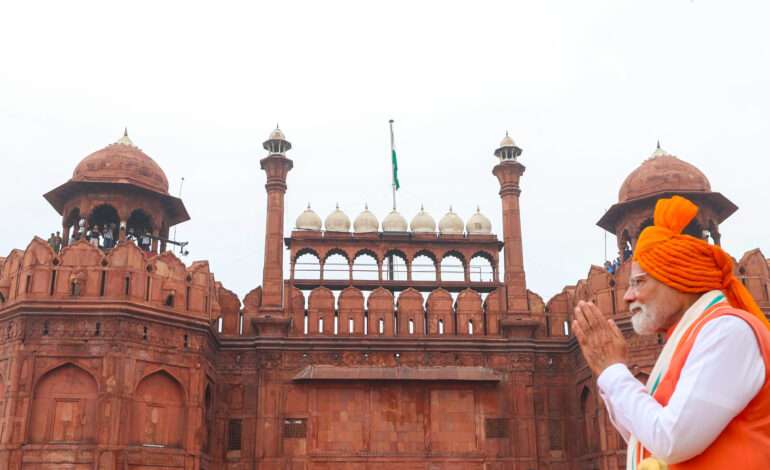
India remains beacon of inclusiveness and only true democratic experiment in South Asia – Report
A side event at the United Nations Human Rights Council (UNHRC) in Geneva on September 8 spotlighted the harsh realities faced by minorities across South Asia, with a new report identifying India as the region’s “beacon of inclusiveness” and its only true democratic experiment.
The discussion, titled “Voices from the Margins: Protecting Minority Rights in South Asia,” featured testimonies that underscored systemic persecution in neighboring countries. In Pakistan, Ahmadis face criminalization for identifying as Muslims, while Sindhi Hindu women are subjected to forced conversions. In Bangladesh, Hindus, Christians, Buddhists, and indigenous groups continue to face communal violence. Tibetans also endure systemic erasure under Chinese rule.
The Global Order report contrasted these grim conditions with India’s democratic framework. It emphasized that equality, secularism, and religious freedom are enshrined in India’s Constitution, while its independent judiciary, free press, and civil society act as safeguards for pluralism.
“India’s national identity is not built on one faith, ethnicity, or language but on the principle of unity in diversity,” the report noted. It highlighted the full participation of India’s minorities—including 200 million Muslims, 30 million Christians, and 20 million Sikhs—in politics, business, culture, and science. Examples of minority leaders in high offices, from presidents and chief justices to army generals, cricket captains, and global CEOs, were cited as proof of India’s pluralist fabric.
The report concluded that while international accountability mechanisms often fail minorities in South Asia, India offers a model where issues are addressed through democratic means. It called India’s inclusiveness essential not just for its citizens but for regional stability, urging global recognition and support for its democratic framework.